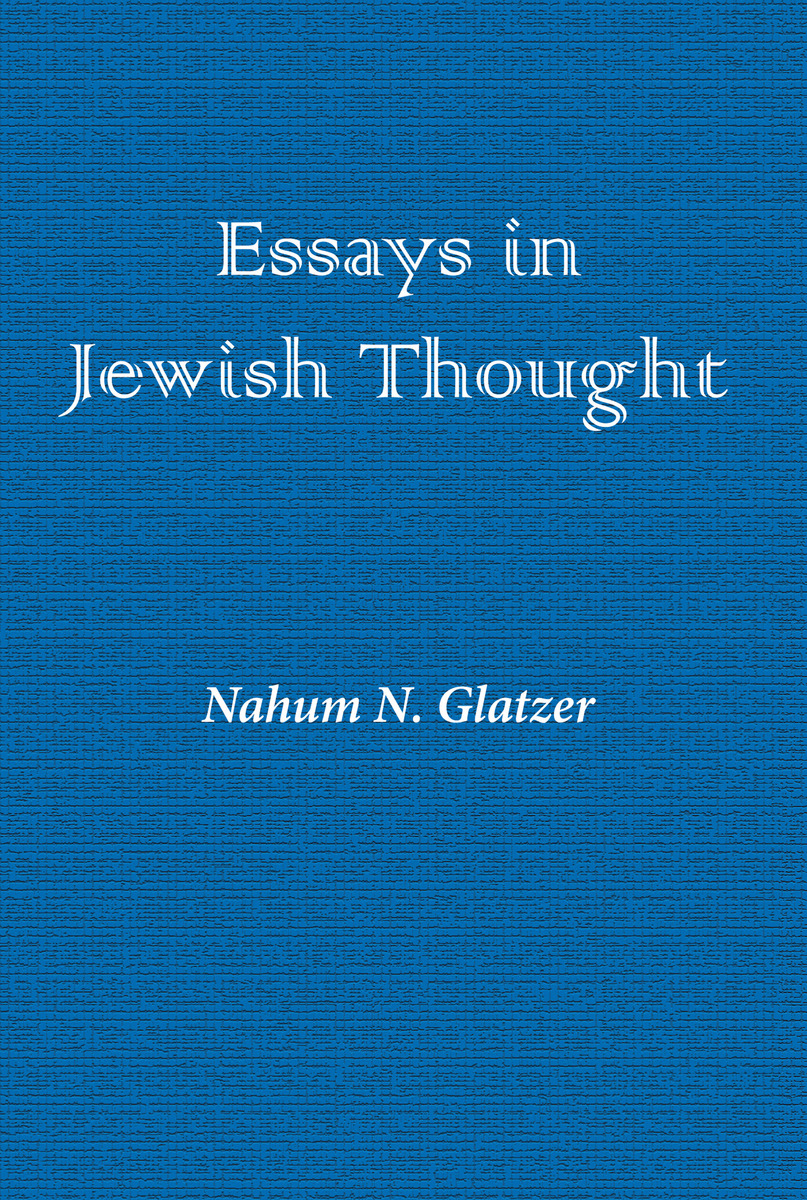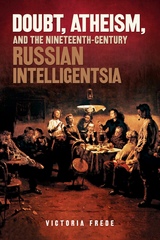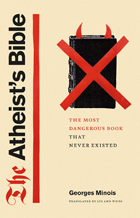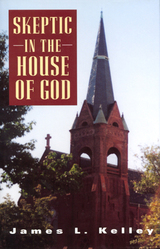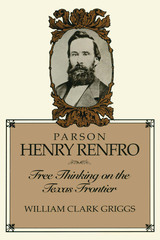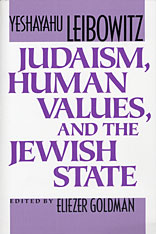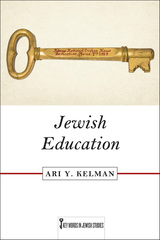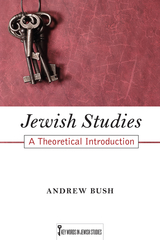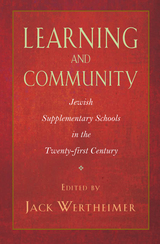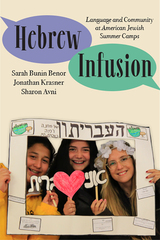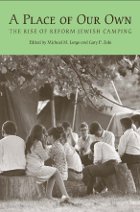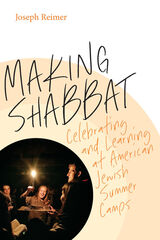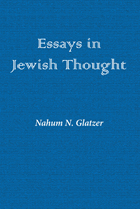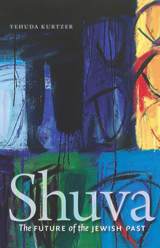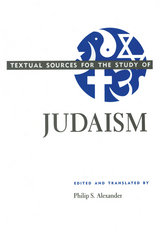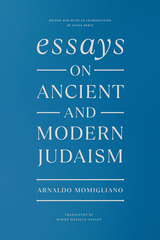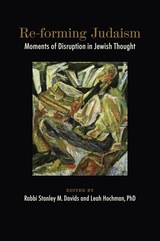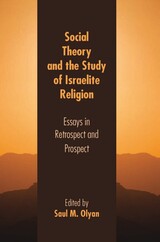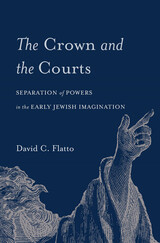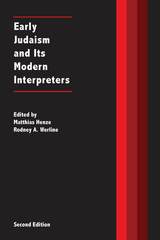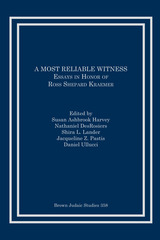Essays in Jewish Thought
University of Alabama Press, 2009
Paper: 978-0-8173-5557-9 | eISBN: 978-0-8173-9034-1
Library of Congress Classification BM157.G58 2009
Dewey Decimal Classification 296.3
Paper: 978-0-8173-5557-9 | eISBN: 978-0-8173-9034-1
Library of Congress Classification BM157.G58 2009
Dewey Decimal Classification 296.3
ABOUT THIS BOOK | AUTHOR BIOGRAPHY | REVIEWS | TOC
ABOUT THIS BOOK
Examines and explores divers topics of Jewish thought and history
A fascinating and eclectic collection of twenty-two essays, Essays in Jewish Thought examines and explores diverse topics of Jewish thought and history. From Judaism’s view of ancient Rome at its imperial apogee and the Dead Sea Scrolls to Jewish thought in Europe’s revolutions of 1848 and Franz Kafka, the collection offers a rich compendium of essays of interest to scholars, historians, philosophers, and students.
See other books on: Essays | Glatzer, Nahum | Jewish Thought | Judaism | Religion
See other titles from University of Alabama Press
